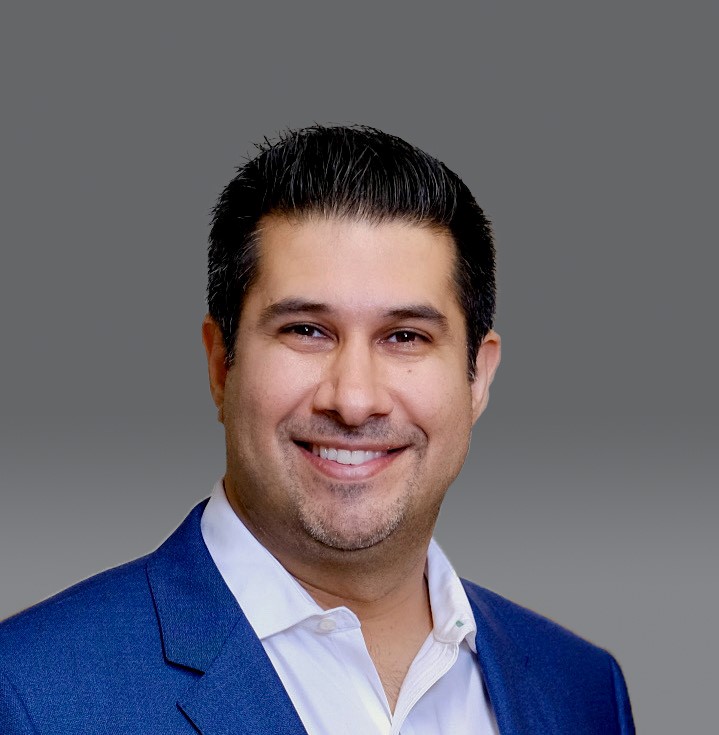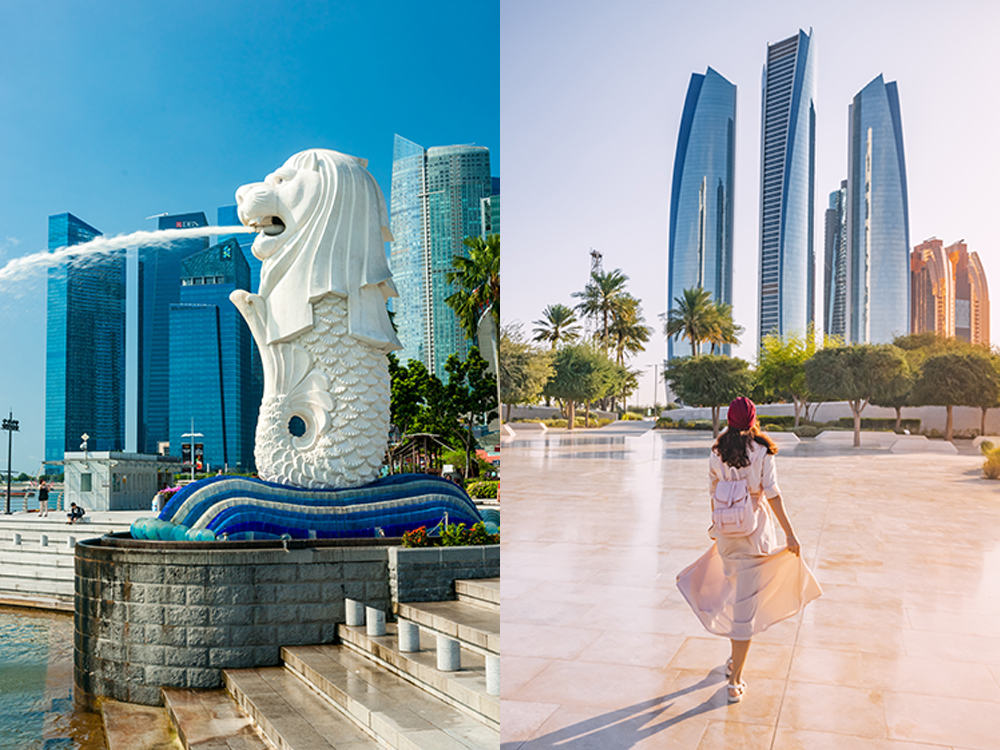Countries worldwide are going out of their way to attract high-net-worth families and family offices, from reducing taxes and easing regulations for businesses to providing investment migration incentives.
Such efforts to lure wealth are a clear attempt to attract capital, innovation and jobs, as well as to strengthen financial markets. They also hold lessons for Canada that could make it a more attractive environment for affluent families, experts say. At the same time, they add, the country could review policy areas and tax measures that are problematic for potential well-to-do migrants, as well as for Canadians who might be looking elsewhere for opportunities in the global competition for family offices and high-net-worth families.

“There is an international race to attract private wealth,” says Souad Ouared, associate director of private clients for Henley & Partners Canada in Montreal. The global investment migration advisory firm’s Private Wealth Migration 2025 report notes that 142,000 millionaires could relocate to other countries in 2025. “This represents the largest voluntary transfer of private wealth in modern history,” Ouared says, “underscoring a global competition for affluent individuals whose migration can significantly influence the economic trajectories of nations.”
Canada in the Top 10—for now
The phenomenon is driven by a range of factors, she explains. For example, the United Kingdom is experiencing its largest-ever outflow of millionaires partly due to the abolition of its investor visas, as well as economic and political shifts such as Brexit and increases in inheritance and capital gains taxes. Meanwhile, countries offering competitive taxes, political stability, high quality of life and business incentives, such as the United Arab Emirates, the United States, Italy and Switzerland, “are actively attracting wealthy migrants in record numbers,” she says.
Their arrival can transform economies through multiplier effects on asset prices and wealth levels. “Conversely, losing them can be an early warning of larger economic troubles,” Ouared notes. “In short, the race for wealth is both a barometer of economic health and a high-stakes contest shaping global economic power.”
How is Canada faring in the race? The country ranks ninth globally when it comes to the net inflow of millionaires forecast for 2025, but the Henley & Partners report found that Canada appears to be losing its appeal for wealthy entrepreneurs. There is a projected inflow of 1,000 high-net-worth individuals in 2025, while the country peaked in the mid 2010s at around 6,000 inflows annually, Ouared says, mainly due to large numbers coming from China.
Property ownership restrictions, taxes a real barrier
Government efforts to curb rising property prices has affected inflows, she explains. Controls include foreign-buyer taxes that discourage non-resident investment in real estate in provinces like B.C. and Ontario and a temporary federal ban on foreign nationals buying residential property.
Sam Tabrizi, a tax partner at PwC in Toronto who works in the real estate group that is part of the firm’s family office and private company services, says the measures are “driving away” affluent people that Canada should be attracting.

For example, Tabrizi has a client from Germany who’s an entrepreneur with a net worth of more than $300 million. The client came to Canada with his family and opened a manufacturing plant with hundreds of employees. But he can’t buy a house because of the restrictions, and he finds the country’s bureaucracy daunting. “He’s been here for two years,” Tabrizi says, “and he’s thinking, ‘Maybe I’ll just leave, because it’s not hospitable.’”
Tabrizi adds that while Canada needs to address affordable housing and put in place measures that help the housing market, foreign-buyer restrictions “might not be the right policy.” Concerns about U.S. tariffs, as well as mixed economic signals such as talk of Canada increasing the capital gain inclusion rate, have “scared a lot of people” when it comes to coming and staying here.
“There’s a lot of uncertainty, and we’re seeing it in a lot of our clients,” he says. “So, what’s happening is people are not changing their mind on moving to Canada, but rather pushing it down the line and saying, ‘We’re going to wait and see.’”
Steve Ivacko, a partner in Family Office Services with MNP in Vancouver, says government overspending that is driving tax increases is a major concern for many clients, in addition to the lack of investment in areas such as healthcare and research and development. People with businesses or looking to set up shop in Canada find it difficult to attract top talent from abroad, he says, while tax rates are causing affluent Canadians who are mobile, such as empty-nesters, to go elsewhere.
At the same time, it’s unusual for people to base the decision about where to live strictly on taxes, Ivacko notes. “Canada is a safe place, generally speaking, in terms of our banking system, our infrastructure, our education, and it’s a pretty darn good place to be most of the time,” he says, noting there may be some people looking to relocate here rather than the U.S., given current upheavals there.
When millionaires leave, it usually signals declining trust in a country’s outlook ….
Souad Ouared, Henley & Partners Canada
At the same time, Canadian family offices often look to have satellite locations elsewhere, in many cases because family members have moved to Europe or Asia and have personal or business needs there, Ivacko says. “They have opportunities to invest in different things than they would here, given that Canada is just four per cent of the world’s market.”
What can Canada do?
Measures Ivacko would like to see to draw wealthy foreigners and keep wealthy Canadians here include a more competitive tax environment, better infrastructure and less red tape for investing in and building businesses.

For Canada to succeed in the global competition for family offices, Tabrizi says addressing uncertainty is critical: “Once you don’t have a set policy and a plan where people can understand what the next five years looks like, it becomes challenging.” Foreigners could be incentivized to invest in our infrastructure, such as building rental units to increase the stock of affordable housing. Tabrizi would like to see consistent taxes on luxury goods, rules that encourage family offices to come to Canada and shifts in the tax regime to incentivize newcomers.
“How can those individuals benefit themselves but also benefit the Canadian population?” Tabrizi asks, noting that enhanced tax credits could be linked to making gifts to Canadian universities and hospitals, for instance.
The strength of the Canadian economy, given the situation with the U.S., is also a consideration for potential wealthy migrants, Tabrizi points out, so diversifying Canada’s trading relationships is critical. “In a truly globalized world,” he adds, “we should be looking to leverage our other partners.”
Ouared notes that Canada has made some efforts to attract wealth. Those include the Start-Up Visa Program, which requires applicants to actively create and operate an innovative business. But “while this pathway suits entrepreneurs, it can be a challenge for those seeking a less active approach,” she says. Introducing an alternative stream, such as allowing investments in real estate or financial assets, could make the program more accessible and attractive to a broader range of applicants.
The world’s fastest growing wealth markets over the past decade have investment migration pathways. Ouared cites the example of the United Arab Emirates, which is projected to be the top destination for high-net-worth individuals in 2025, with strong inflows coming from the UK, India, Russia, the Middle East, Africa, Southeast Asia and China.
“When millionaires leave, it usually signals declining trust in a country’s outlook, while their arrival brings not only capital but also networks, entrepreneurship and tax revenues,” she says. “In many cases, they relocate businesses alongside their families, meaning jobs, innovation and expertise also move. Producing, attracting and retaining this group is therefore a strategic priority for governments.”
Ouared adds that affluent individuals are seeking the ability to live, work and invest across multiple jurisdictions. “Governments that position themselves as private wealth hubs, by blending fiscal incentives, high living standards and strong legal frameworks, will not only succeed in attracting mobile wealth but also in retaining it,” she says. “In doing so, they build resilience against future shocks and secure long-term economic prosperity.”
Mary Gooderham is a writer, editor and communication advisor based in Ottawa. She leads Cohen Gooderham Communications and has worked as a journalist for more than 40 years at The Globe and Mail, as a recording officer at the International Monetary Fund and as a custom content creator for online and print media. She’s been a contributing writer at Canadian Family Offices for four years, focusing on investment strategy, trusts, philanthropy, women in finance and estate planning.
The Canadian Family Offices newsletter comes out on Sundays and Wednesdays. If you are interested in stories about Canadian enterprising families, family offices and the professionals who work with them, but like your content aggregated, you can sign up for our free newsletter here.
Please visit here to see information about our standards of journalistic excellence.



